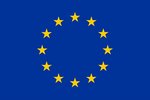The role of native breeds in securing a good animal health in organic cattle farming in Turkey
Turkey is a big country that has different regions reflecting different climatic conditions. Therefore, production methods in the organic cattle farms located in different geographical and ecological regions of the country are also different.
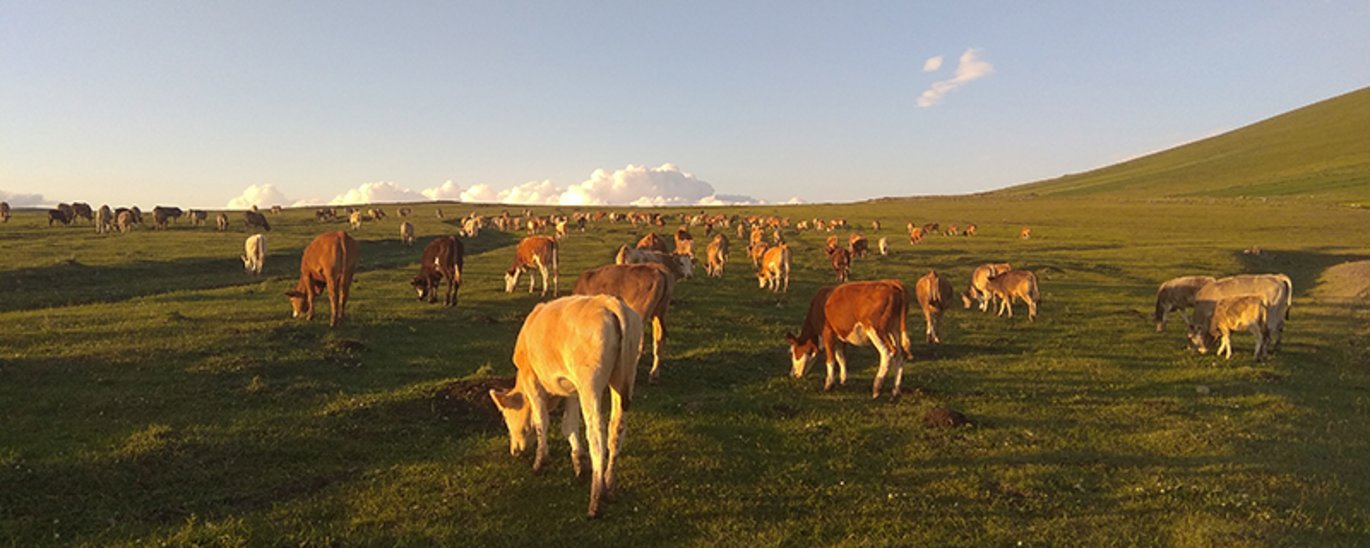
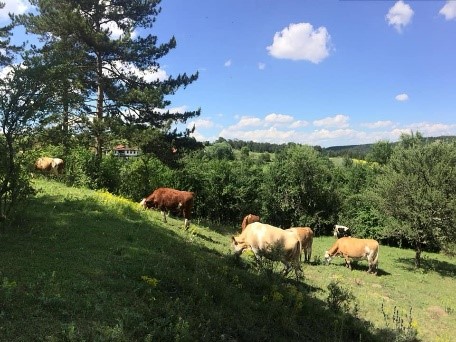
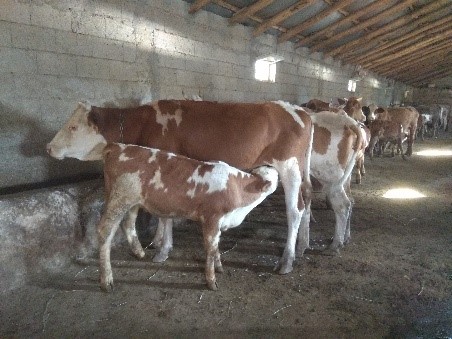
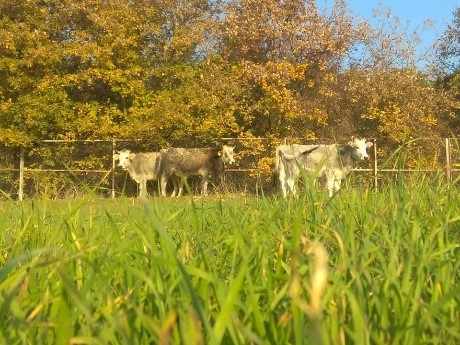
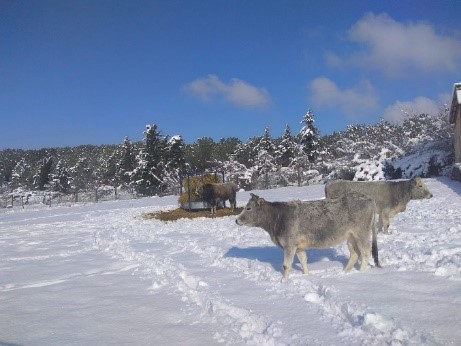
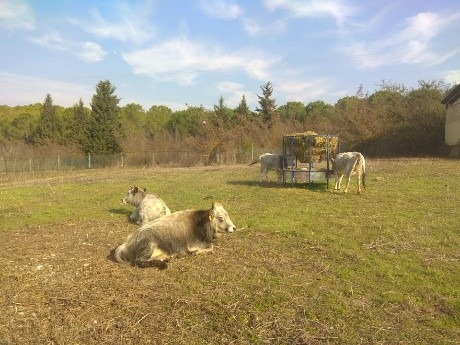
The project "Innovative and sustainable systems integrating grazing-based dairy cows and young stock" (GrazyDaiSy) is conducted in seven EU countries together with Turkey. In the Turkish part of the project, all organic dairy cattle farms in the country have been visited and the overall situation has been determined by conducting a survey at the farms.
In this project, the overall situation of the organic dairy enterprises in Turkey will be investigated, including e.g. feed and milk quality criteria and reduction of antibiotics. Sharing of good practices regarding cow and calf rearing are also intended.
Holstein breed cattle are raised in large-capacity and semi-closed farms in the western region. Whereas, in the eastern region, crossbreed cattle belonging to Simental and Montafon breeds are raised at smaller farms, in closed barns in winter, and on pastures in spring and summer. There are also important differences between the milk yield and quality among the farms.
Under the project, there are five dairy cattle farms selected in different regions of Turkey for in-depth registrations. Two of these farms are located in the Aegean region in the west, two in the Eastern Anatolia region and one in Central Anatolia. Within the scope of the project, feed, milk, and faecal samples in four different seasons (Spring, Summer, Autumn, Winter) were analysed. Farmers were during farm visits informed about feed quality, feeding, animal feeding, pasture use, healthy milking, and high-quality milk production. When the sample collection process in the project farms is completed this year, the project will be terminated by visiting the farms for the last time in spring-summer.
In order to test the principles targeted within one of the other focus areas of GrazyDaiSy, in the farm of Bursa Uludağ University (BUU), Faculty of Agriculture, Department of Animal Science, calves were grown together with mother cows for three months until the calves were weaned. Undergraduate students in the Department of Animal Science, course students of Agricultural Bank Young Farmer Academy, and other visitors were informed about the importance of cow-calf rearing system, udder health, milking and milk quality, bio-security in the farms, reduction of antibiotic use, pasture management and the importance of grazing.
In addition to that, a study was initiated with a local cattle breed in the farm of the Faculty of Agriculture, Department of Animal Science in the university campus. Boz breed is a native breed with grey colour, reared in the South Marmara and Thrace. The meat and milk yield of the Boz breed is not very high. But, this breed is highly resistant to adverse environmental conditions and diseases. The breed is protected under a domestic animal gene conservation project in Turkey. Within the scope of the project, organic farming will be carried out with ten cows and one bull belonging to this breed at the university farm. Approximately ten hectares of new legume-wheat pasture for cattle have been established at the campus. The aim is to graze the cattle mainly in the pasture, to have natural breeding of cows and calf raised together with the mother and measure the milk yield and quality of the cows under these conditions.
Authors
Prof. Dr. İbrahim AK
Bursa Uludag University Agricultural Faculty
Department of Animal Sciences Bursa/Turkey
e-mail: selena@uludag.edu.tr
Habil Umur
Ministry of Agriculture and Forestry
Central Research Institute of Food and Feed Control Hurriyet-Bursa/Turkey
e-mail: habil.umur@tarimorman.gov.tr
Assoc. Prof. Dr. Metin Guldas
Bursa Uludag University Faculty of Health Sciences
Department of Nutrition and Dietetics Bursa/Turkey
e-mail: mguldas@uludag.edu.tr
Editor: Karin Ullven / Design: Christine Dilling
